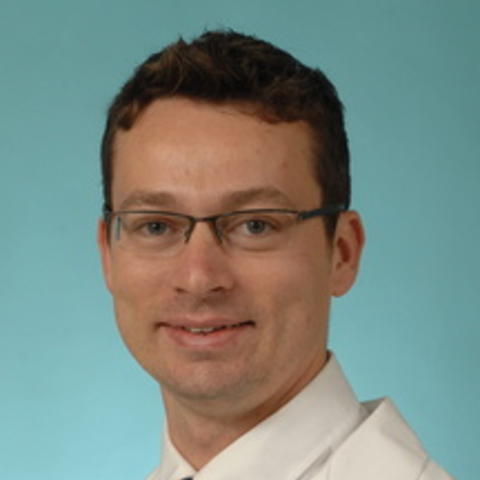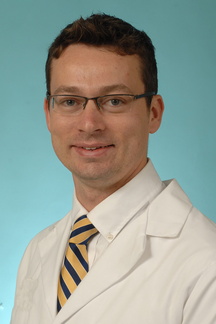Faculty

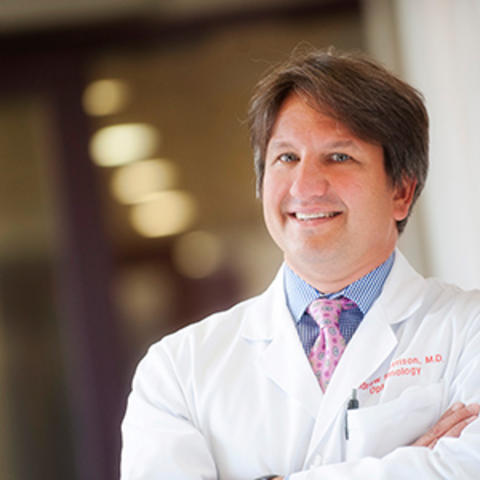
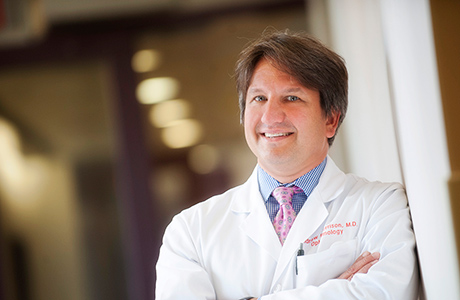
Bio
Dr. Harrison specializes in ophthalmic plastic and reconstructive surgery. His practice includes all patients with eyelid, tear duct and orbital disorders. He treats adults and children with the most advanced oculoplastic and orbital surgery techniques. His special interests include muscle spasm disorders of the eyelids and face; thyroid eye disease; eyelid reconstruction, and cosmetic eyelid surgery.
Contact
Address
9-240 P W B516 Delaware St SE
Minneapolis, MN 55455


Bio
Dr. Hou sees patients in our Cornea and External Disease Service.


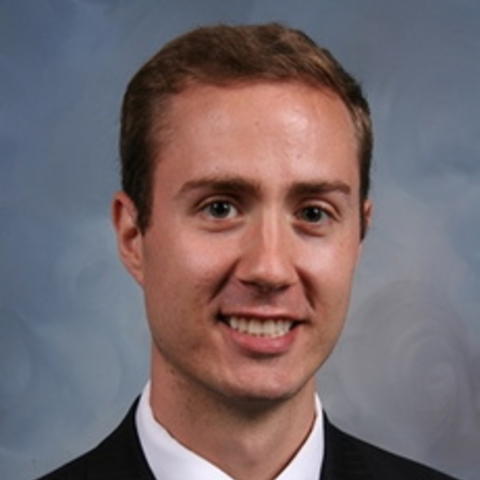
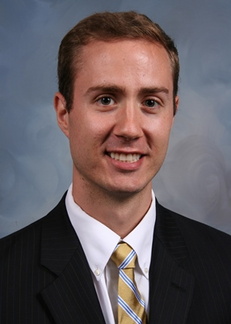
Contact
Address
MMC 493 Mayo420 Delaware Street SE
Minneapolis, MN 55455


Bio
The major goals of the Junge laboratory are to understand neurovascular signaling in the eye and visual system using the mouse as a model system. Areas of focus are regulation of the blood-retina barrier and retinal angiogenesis by neural signals, how the pathways under study function at the molecular level, and the application of novel transgenic mouse models to study ocular disease. We use integrated approaches including mouse genetics, cell-based assays, molecular manipulations (e.g., CRISPR/Cas9), RNA-Seq, and proteomics to understand processes at cellular, developmental, and disease levels.
Research Summary
Neurovascular interactions Blood-retina barrier Retinal angiogenesis Retinopathies, Familial exudative vitreoretinopathy Norrin and Wnt signaling Classical complement system
Contact
Address
2001 6th St SEMinneapolis, MN 55455-3007


Bio
Dr. Stephen C. Kaufman, MD, PhD is a Professor and Vice – Chairman of Ophthalmology, the Director of Cornea and Refractive Surgery and the Director of the Cornea Fellowship Program at the University of Minnesota. He was the Medical Director of the Refractive Surgery Program at the Henry Ford Health System, a member of the Board of Directors of the Cornea Society and Eye Bank Association of America Dr. Kaufman is the Chairman of the American Academy of Ophthalmology's Cornea Knowledge Base Committee, is the Co-Chairman of the Midwest Cornea Association, on the Board of the Minnesota Academy of Ophthalmology and is an associate Medical Director of the Lions Gift of Sight.
Research Summary
He conducts research in many areas of Ophthalmology and he has lectured at numerous national and international Ophthalmology meetings over his more than 2 decade career in Ophthalmology; such as: The American Academy of Ophthalmology, The Association of Cataract and Refractive Surgeons, The European Cornea Society and The Current Concepts in Ophthalmology meetings. Dr. Kaufman is the editor of 2 cornea textbooks, is on the editorial board of 2 ophthalmic journals, has published 11 chapters on cornea and refractive surgery and has more than 400 publications and presentations to his name. He is a HEED Ophthalmology Fellow, received the Senior Achievement Award from the American Academy of Ophthalmology, The American Medical Association Achievement Award, An NIH Physician Scientist Award, National Academy of Science Award, America’s Top Ophthalmologists Award, Super Doctors Award for New York City, New York State Research Award and others.
Clinical Summary
Corneal surgery and disease Anterior segment surgery and disease LASIK and refractive surgery Treatment of medical and surgical anterior segment complications Ophthalmic research
Contact
Address
Mailing Address: 420 Delaware St. SE, MMC # 493, Minneapolis, MN 55455Clinic Address: 516 Delaware St. SE, 9th Flr, Minneapolis, MN 55455
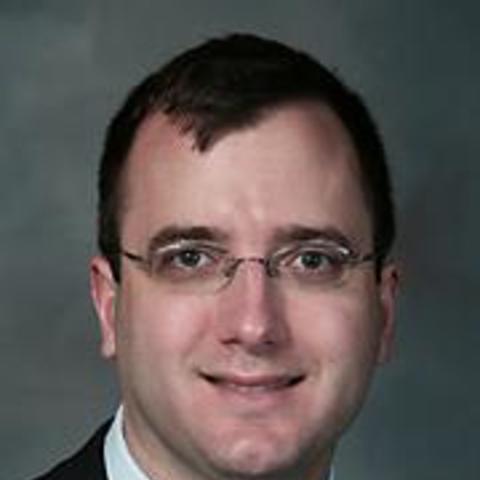
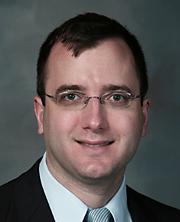
Bio
Dr. Koozekanani treats patients with vitreoretinal issues, including macular degeneration and retinopathy of prematurity, as well as patients with diabetic eye disease and tumors of the eye.Research Summary
Imaging technology for vitreoretinal care Macular degenerationClinical Summary
Retinal diseases including diabetes, macular degeneration, ocular tumors, surgical eye conditions, and hereditary degenerations Application and development of imaging technologiesContact
Address
MMC 381516 Delaware St SE
Minneapolis, MN 55455
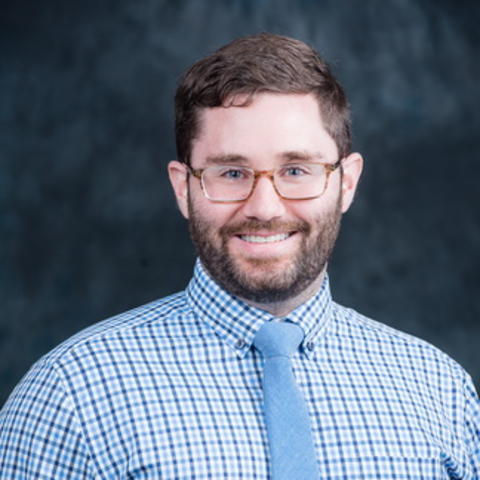
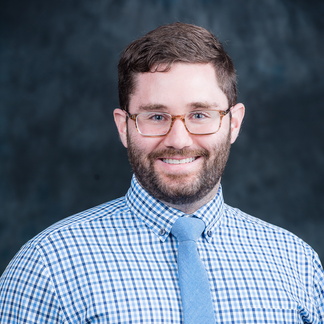
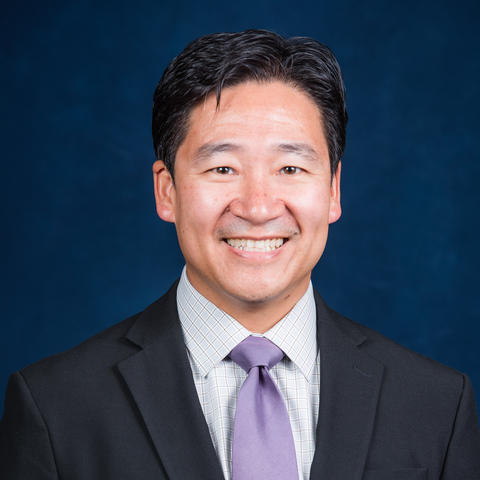
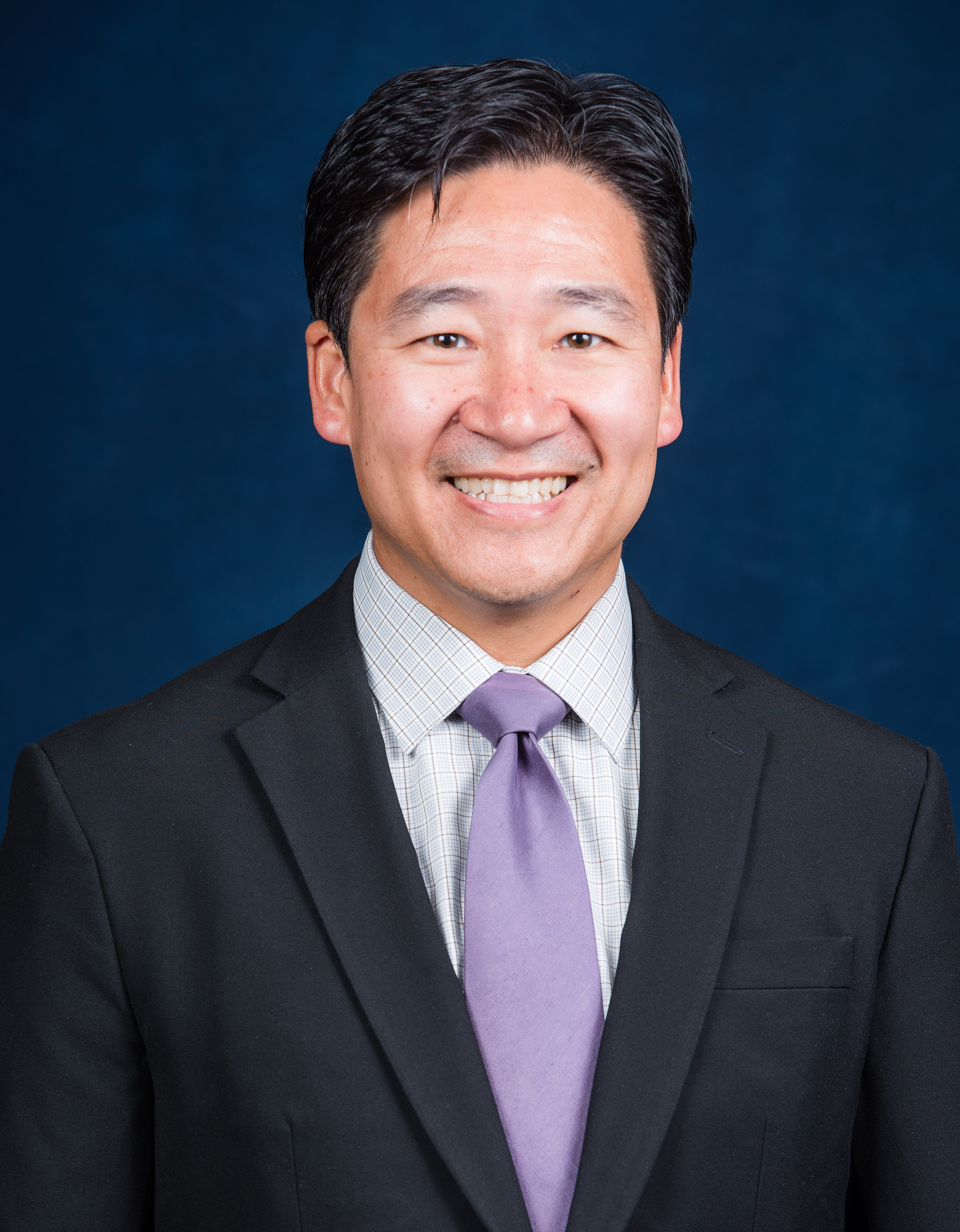
Bio
Michael S. Lee, MD completed his bachelor’s degree at Johns Hopkins University followed by his medical degree and ophthalmology residency at the University of Pennsylvania School of Medicine. He then completed a neuro-ophthalmology fellowship at The Massachusetts Eye and Ear Infirmary, Harvard Medical School where he received a Distinguished Teaching and Service Award. He has received the Best Teaching Faculty Award from the residents in the Ophthalmology Department at the University of Minnesota four times. He has served on the board of directors of the North American Neuro-Ophthalmology Society and the Minnesota Academy of Ophthalmolgy and the editorial boards of Eye, Survey of Ophthalmology, Journal of Neuro-Ophthalmology, Frontiers in Neuro-Ophthalmology and the Asian Pacific Journal of Ophthalmology. He has authored over 200 peer-reviewed publications, 14 book chapters, and recently published his first book, A Case-based Guide to Eye Pain: Perspectives from Ophthalmology and Neurology. Dr. Lee is a Professor with tenure in the Departments of Ophthalmology and Visual Neurosciences, Neurology, and Neurosurgery at the University of Minnesota and serves as the Residency Program Director in Ophthalmology where he holds the Mackall-Scheie Research Chair. He also serves as director of the neuro-ophthalmology service and co-director of the Center for Thyroid Eye Disease. His clinical interests include blepharospasm, hemifacial spasm, idiopathic intracranial hypertension, double vision, optic neuropathies, thyroid eye disease, and giant cell arteritis.
Clinical Summary
Dr. Lee sees patients with a variety of neuro-ophthalmic problems, including blepharospasm, hemifacial spasm, optic neuritis, ischemic optic neuropathy, double vision, eye pain, pseudotumor cerebri, thyroid eye disease and giant cell arteritis.
Languages
Contact
Address
420 Delaware St SE, MMC 493, Minneapolis, MN 55455

Bio
Dr. Lobo was awarded his PhD degree from the University of Technology Sydney, Australia. He then completed his Postdoctoral training at Case Western Reserve University, Cleveland, OH. Dr. Lobo was recruited from the Medical University of South Carolina and joined the Department of Ophthalmology and Visual Neurosciences at the University of Minnesota in April 2021.Research Summary
Role of membrane receptors in dietary Vitamin A transport to the eye Mechanisms of retinal cell degeneration and regeneration Zebrafish and mouse genetics Role of Motor Proteins in Rhodopsin Localization and Trafficking Genetics of Ushers Syndrome Genetics of Retinitis Pigmentosa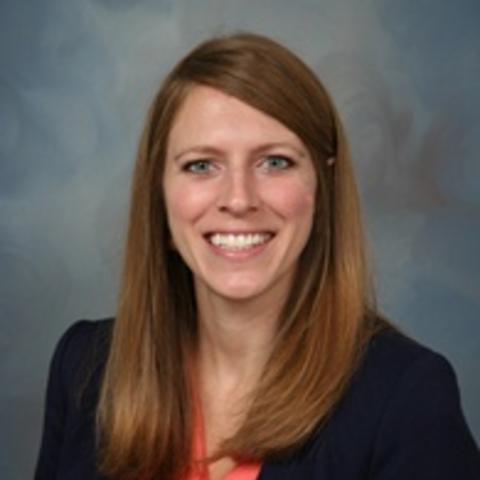
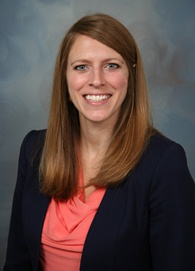
Bio
Dr. Maltry is an ophthalmic pathologist.
Research Summary
Dr. Maltry has an interest in collaborative research involving the histopathological features of ophthalmic diseases including intraocular and orbital tumors, developmental anomalies, and inflammatory conditions. She also has a passion for medical student and resident education and wellness
